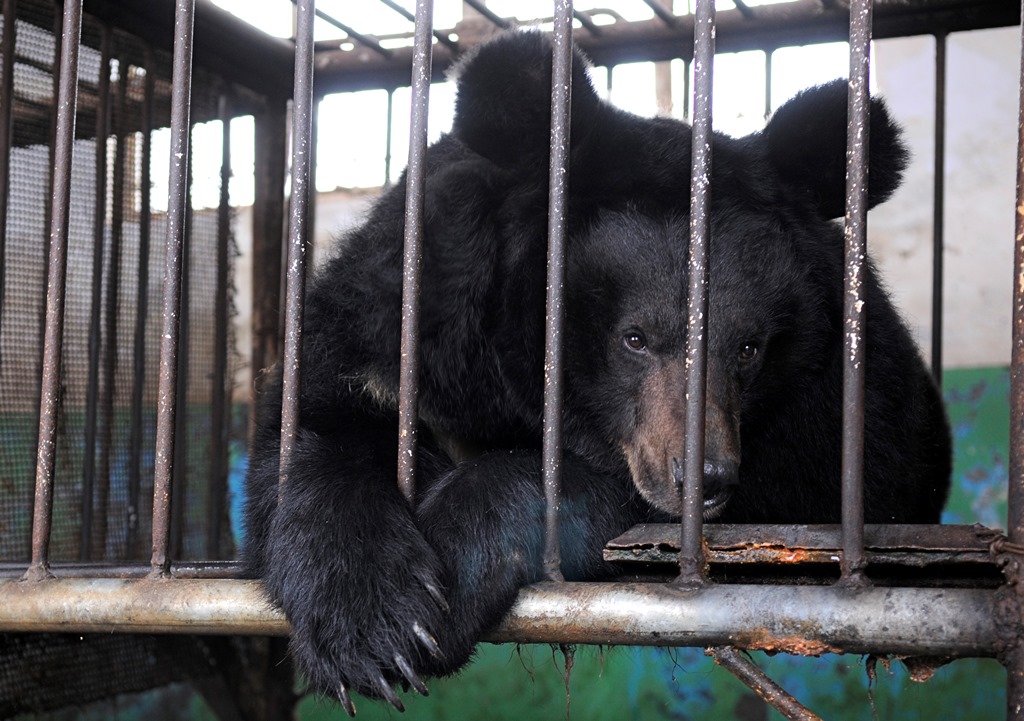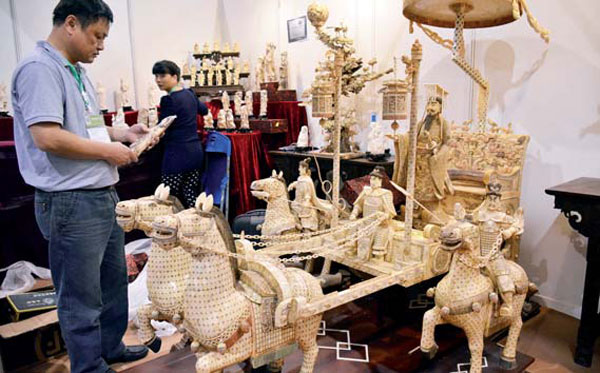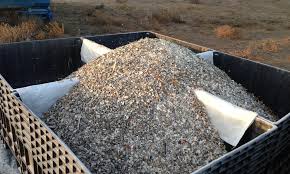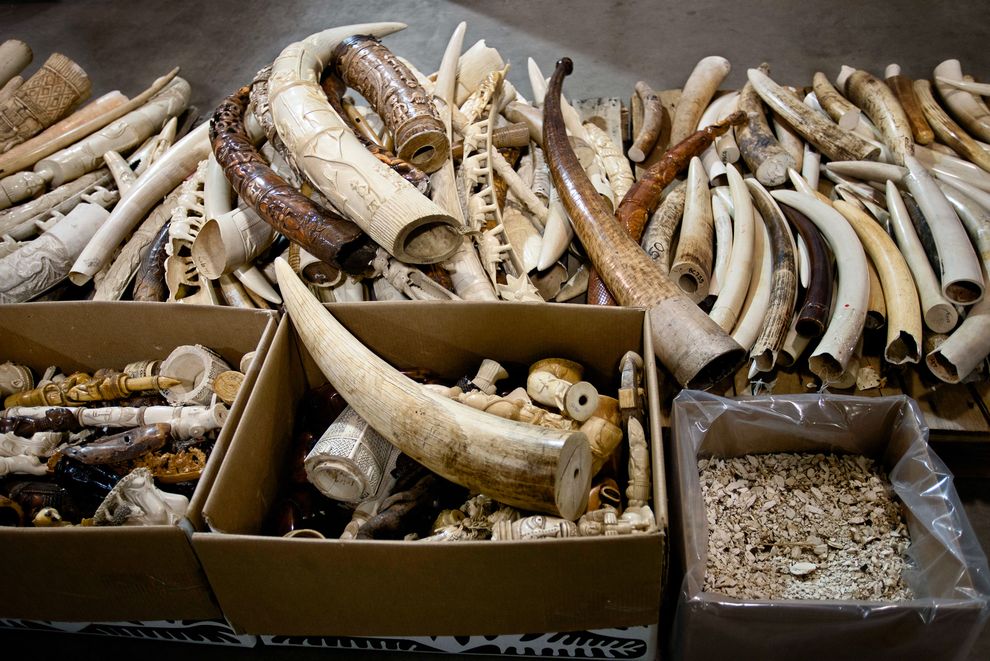*This blog is part 3 of a 3 part series. Click here for Part 1—Conditioned Aid: A popular, but problematic policy option or here for Part 2—The Black Box of the Ivory Trade: Ivory Vendors* As I have mentioned in my other two blogs, Ana and I gained great insight on… read more
The Black Box of the Ivory Trade: Ivory Vendors
*This blog is part 2 of a 3 part series. Click here for Part 1—Conditional Aid as a policy option. After one of our interviews in Beijing, my colleague Ana and I realized that while many studies have been conducted on the socioeconomic status of elephant poachers and Chinese ivory… read more
Conditional Aid as a Policy Option
On April 11th, my peer Ana Ramirez and I journeyed to Beijing to interview individuals on strategies for reducing international demand for illegal wildlife products. We learned many things over our three days of interviews that challenged our previous understanding of effective demand reduction strategies. Interview information brought to light… read more
Internal Conflict and Wildlife Trafficking: Myanmar
Increases in Chinese demand for illegal wildlife products have caused intensified wildlife trafficking around the world. This trade has, in turn, led to government instability and increased crime in source countries. Unfortunately, many of these countries have governments unable, or unwilling, to stop illegal wildlife trafficking. Lack of state capacity, poor… read more
Capacity Problems: Can the United States Handle Wildlife Trafficking on its Own Soil?
In 2011, U.S. federal agents seized 425 pieces of illegal ivory from a store in Philadelphia. The store owner, Victor Gordon, had been buying and selling illegal ivory in the United States for over 10 years. According to the U.S. Fish and Wildlife Service, this kind of story is not… read more
A Rhino’s Worth: How Much Would You Pay?
How much is a rhino worth to you? A hundred dollars? A thousand? Hundreds of thousands? It’s not likely a question you are asked every day. If you are like me, you initial answer was, “a little” or perhaps even, “not much”. After all, with all the other pressing causes… read more








